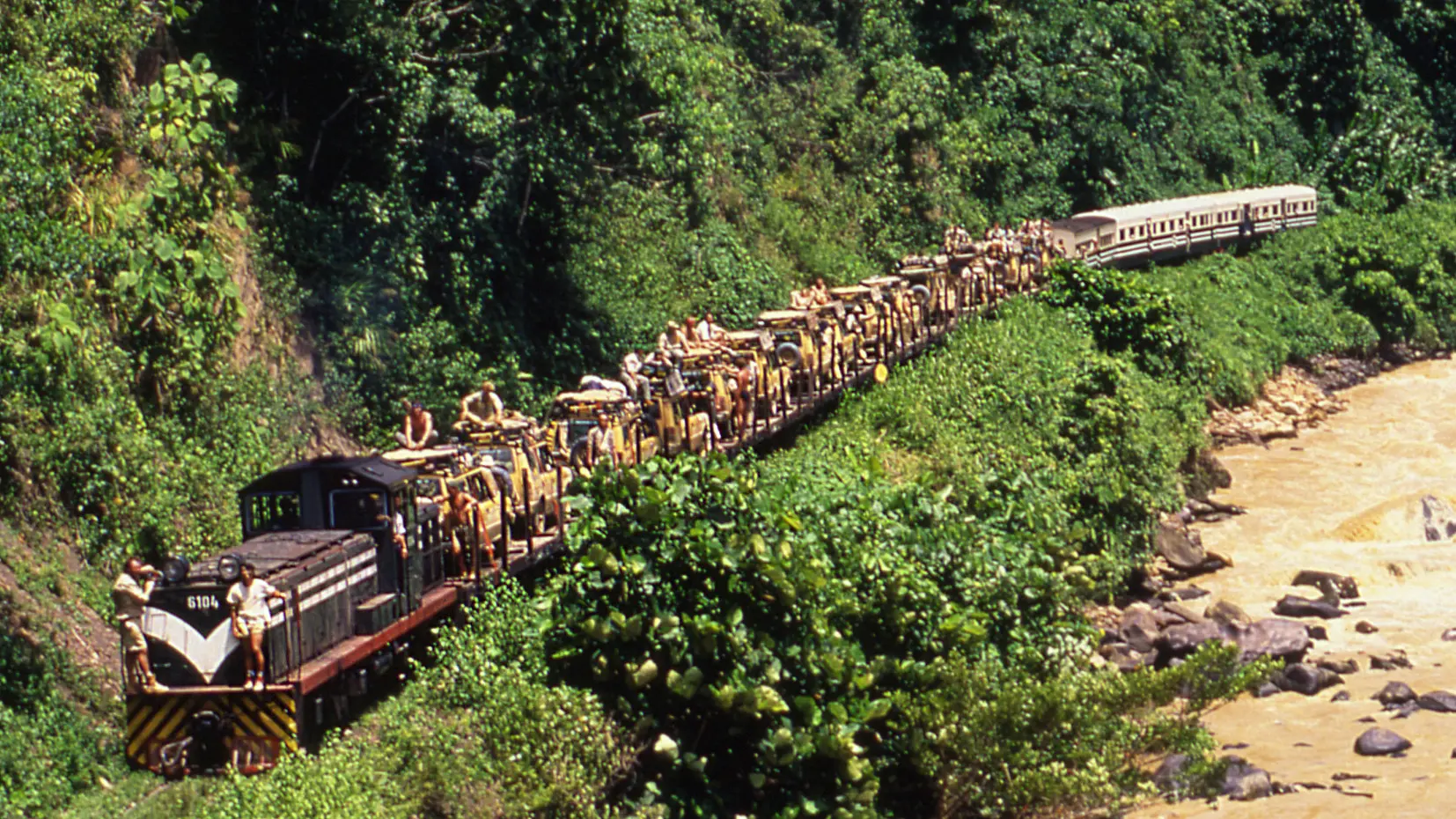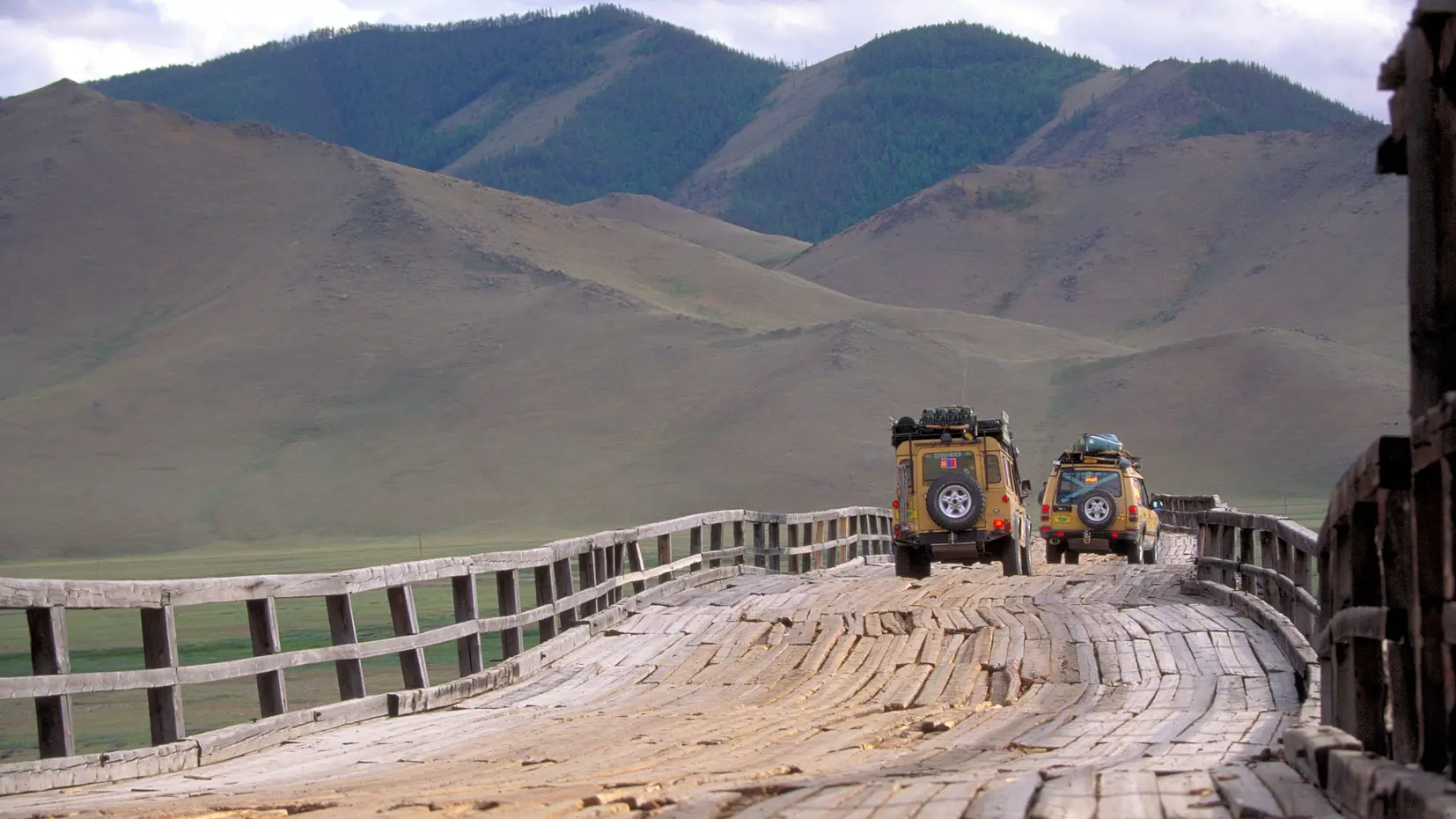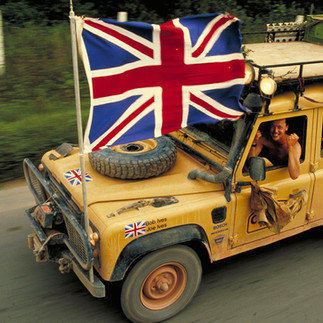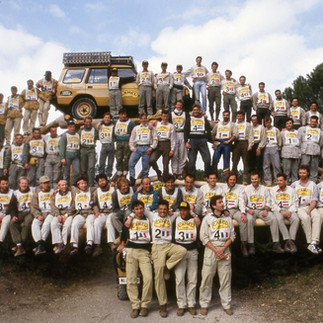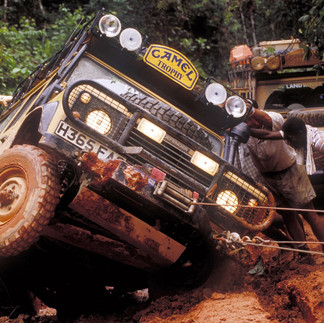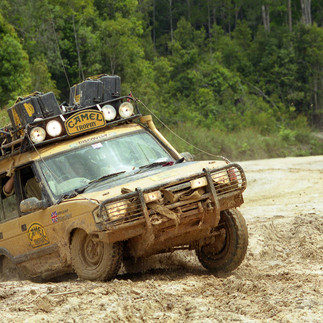The Legendary Camel Trophy
- Nils Willner
- Dec 6, 2022
- 2 min read
The Camel Trophy was held annually in the 80s and 90s and was a collaboration between the carmaker from Solihull and the US Cigarette brand.

The off-road rally was one of the most gruelling and challenging competitions of its time with events running in Africa, South America, South East Asia, Australia, and Mongolia. It is sometimes also called "The Olympics of 4x4”. During its 20 years of existence, it was the toughest automotive challenge in the world.

The Trophy originated in 1980 with three German teams exploring the Amazon Basin in Jeeps. Each team was comprised of a driver and a co-driver from the same country. After the first event, the organisers turned from Jeep to Land Rover as their vehicles of choice and kept them for the next 20 years. As the event grew, the organizers also secured the tobacco company Camel as their primary sponsor.

The event was only open to amateurs and to participate you only had to be over 21. Professional drivers with a racing license weren’t allowed to compete. The idea was that normal people could go on a lifetime adventure. Some professions that took part were for example mechanics, business owners, accountants, company directors, policemen and engineers. In the later years of the event's existence over a million people from all around the world applied to take part. The Camel Trophy wasn’t a race but more of an adventure and expedition to prove your personal courage, resilience and driving ability. The trophy was completely free for participants, but there was also no prize money.

During the lifetime of the Trophy all Land Rover models have been used such as the Range Rover, Land Rover Series III, Land Rover 90, Land Rover 110, Land Rover Defender, Land Rover Discovery, and Freelander vehicles. The participating cars were heavily modified to make them suitable for the heavy terrain. Upgrades included winches, roll cages, fuel heaters, roof racks, snorkels, additional lights and upgraded suspensions.

Most vehicles stayed in the host country because they were heavily damaged, but the ones that were brought back to the UK are highly sought after. The vehicles that were brought back were sometimes used for promotional purposed and then stripped of the special equipment and sold to private individuals.

One of these cars was a communications vehicle in the 1991 Tanzania-Burundi event meaning it wasn’t heavily abused. This Ex–Camel Trophy 1991 Land Rover Defender 110 200 Tdi sold earlier this year at auction with Bring a Trailer for a staggering US $127’000.

From the year 2000 cigarette advertising got banned in motorsport and the Camel Trophy became the G4 Challenge which was eventually abandoned in 2008 when the Great Recession hit.
© Photos courtesy of Land Rover / Camel Trophy



